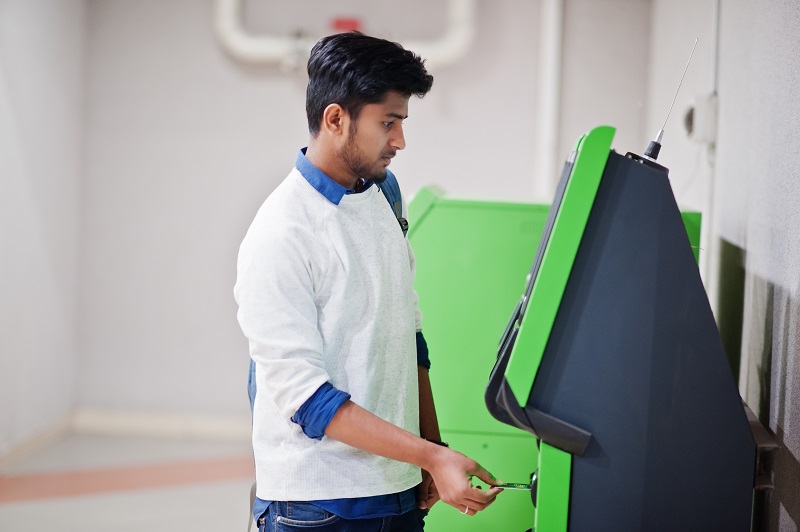By Priyanka Sambhav
Day in and day out we are continually typing one or the other password for logging in to our system, accessing our mail or for online banking. For quick access, we are making easy to remember passwords. Reasons are many, quick log-in, can’t remember or simply just lazy to think of stronger password so keep reusing them. But beware having an easy password means that the lock of your personal information is easy to break-in. Think of them as the digital locks, which are an essential way of keeping your digital information safe and secure. Stronger the lock safer you are.
UK’s National Cyber Security Centre (NCSC) found ‘123456’ as the most popular password and also the most hacked password. NCSC cyber survey went through the database of breached account and found that ‘123456’ topped the list. The second most hacked and used password was ‘123456789’. Further, many more reports have also identified “123456” as one of the most common passwords. Cybercriminals are always on a lookout for accounts with easy passwords to gain access to your social networking, email accounts and your financial details. That is why it is essential to have a more robust lock for your digital address.
Here are tips to help you make a stronger password.
1. A UNIQUE PASSWORD: 92% of online users say- “it is difficult to keeping a tab on all the passwords, so they end up using the easiest ones like; ‘password’ ‘123456’ ‘qwerty’ etc. Don’t make that mistake. It is the most straightforward pattern followed everywhere so if you don’t want your account to be hacked, make a long password but don’t end up using your name or surname. The main ingredient of a UNIQUE password is a combination of letters, symbols, signs and numbers.
2. INSTEAD OF PASSWORD- MAKE PASSPHRASE: A strong password should not only pass the unique test, but it should be long and complicated too. But at the same time easy to remember and that is why having some funny lines, a film dialogue or a line of a book which you can’t get out of your head. So take a line like ‘I love rajma chawal’ Or ‘Dance Basanti Dance’ combine it with numbers and symbols, and you have a nice long passphrase which would be tough to crack.
3. INCLUDE NUMBERS AND SYMBOLS: The more the numbers along with signs and lower case – upper case letters, the password gets stronger. For example: if your password is ‘mysteries’ so add a number, symbol and upper case letter something like this: ‘Mysteries@01’ using of such number and characters make for any person challenging to hack your information.
4. DON’T USE PERSONAL INFORMATION: Using personal information as passwords are easy to crack for the hacker so never use your birth dates or anniversary dates or any such extraordinary event which could be easy for someone to know. Instead use different numbers probably reversed numbers of important dates or use your dates in increasing to decreasing order for example: if your birth date is 23-11-1997 then you can use your password as; 7991-11-32 or something similar to this.
5. STOP RECYCLING YOUR PASSWORD: Recycling is good for the environment but not in the case of passwords. Don’t reuse the same password for multiple accounts. Because if a hacker gets to one account, then all your accounts will be compromised easily. A google survey tells us that 52% of users reuse the same password for their multiple accounts, and 13% use the same password for all their accounts. Also, try to change your passwords as frequently as you could.
Hackers don’t give up, and no matter how strong is your password; there is a constant fear of a break-in. Remembering long and unique password is not your thing then a password manager app can come to your rescue but at the same time follow the basic 5 point password hygiene that is mentioned above.







